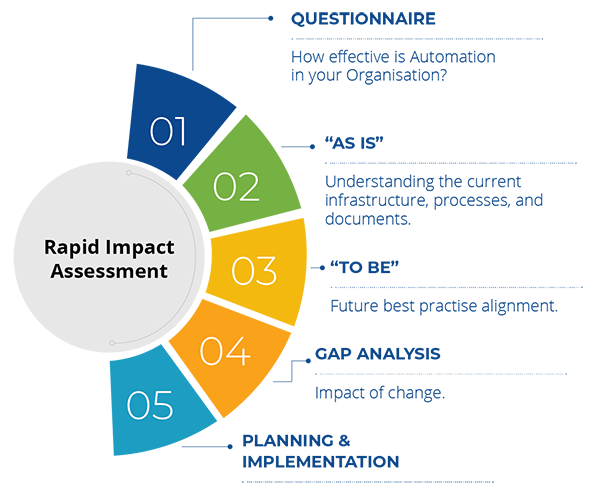
Digital Transformation: Learn from the Graveyards and Rubbish Heaps of Past Projects

Effective methodologies for corporate change have been around for over 30 years, yet over 50% of Digital Transformation projects still fail today.
It is pure lunacy that over 50% of corporate digital transformation projects fail, and a further 40% don’t deliver the benefits originally anticipated. This would imply that a minimum of 50% of IT project expenditure should never be spent.
For a medium-sized bank/insurance company/telco, this would equate to annual wastage of $200,000,000 plus.
More surprisingly, this is not a new phenomenon. It has been a trend for decades.
My 10-year-old daughter would surmise that this madness should be stopped, but this unfortunately is not happening.
In my view, there are many reasons as to why these projects are unsuccessful I including (but not exclusive to) the following:
- Boiling the ocean: Launching massive programs that are envisaged to be a fix-all for everything.
- New people, new ideas: New CEOs or CIOs who want to follow a new IT strategy that is not based on value, but rather on their past experiences.
- FOMO on the benefits other organisations may be achieving: Another two banks have implemented this enterprise system, so should I not be doing the same?
- Fear of being left behind: Everybody is doing digital, so we’d better do it as well.
- Lack of understanding of IT: Being sold on PowerPoints/demos and unsubstantiated business cases.
- Lack of accountability: Nobody held accountable for deliverables.
- Not tying up all initiatives in the organisation
- Lack of communication, stakeholder management, planning etc.
The thing is, if we know what the problem is – why do we not implement the well-documented methodologies that exist to validate and properly execute these programmes?
These methodologies have been around for over 30 years. One such methodology is incorporated in a book that was published by a well-known consultancy’s Change Integration team in 1995, which laid out 15 core principles of better change.
A synopsis of this book is below:
“The most important challenge today is managing change successfully. Better Change is about doing just that with proven method, with intelligence, with sensitivity. Written for business leaders who understand that their company’s prosperity depends on successful transformation, Better Change offers the insight and experience of some of the world’s outstanding thought leaders on change.
“Large-scale change management is a special discipline, there are too many interacting factors, too many foxholes to approach it in the spirit of ‘business as usual’. Before setting out on a bold change programme, or before attempting to pull a straying change program back on course, you will serve your cause well by absorbing the message contained in this publication.
“Better Change takes you into the real texture and ‘feel’ of change projects. This is the first four-colour toolkit for change with specific, practical advice on every page, supported by case studies and checklist. Beginning with The 15 Guiding Principles that govern virtually all successful change programs, Better Change offers step-by-step instructions to help corporate leaders navigate the rough water between a shaky status quo and future success, including how to effectively ‘sell’ the case for change to senior management and diversified stakeholders; clearly communicate the new vision to all levels of employees; empower employees to their fullest potential in ways that make business sense; revise the performance measures that guide and motivate everyone, from the top of the house to the loading dock; overcome internal resistance to change; and create beneficial links among all of your change programs.
“Large-scale change projects demand a new level of honesty, a new courage, and a new respect for the diverse views and backgrounds of those within the organisation who can truly help to achieve success. The management of such projects is a school for leadership.”
– Bill Dauphinais and Paul Pederson 1995
Trillions of dollars could be saved or realised if organisations embedded these principles in all transformation projects. Sadly, this has not been the case, nor is it the case today with the implementation of new digital strategies.
The advice is simple, stop trying to learn totally new concepts, rather go back and learn from the graveyards and rubbish heap of past projects. The same mistakes are being made time and time again, with tremendous value destruction.




